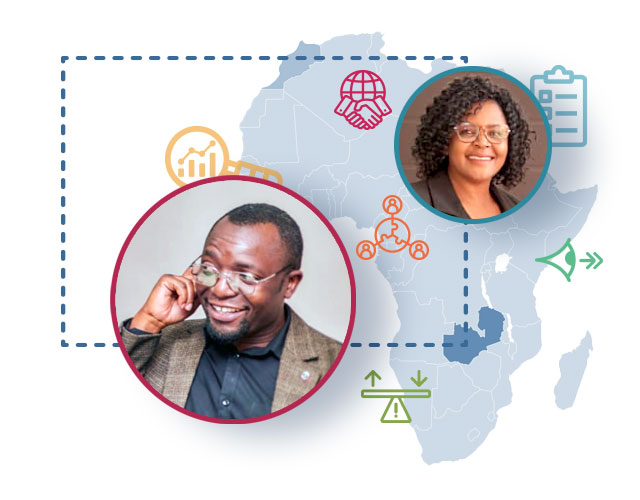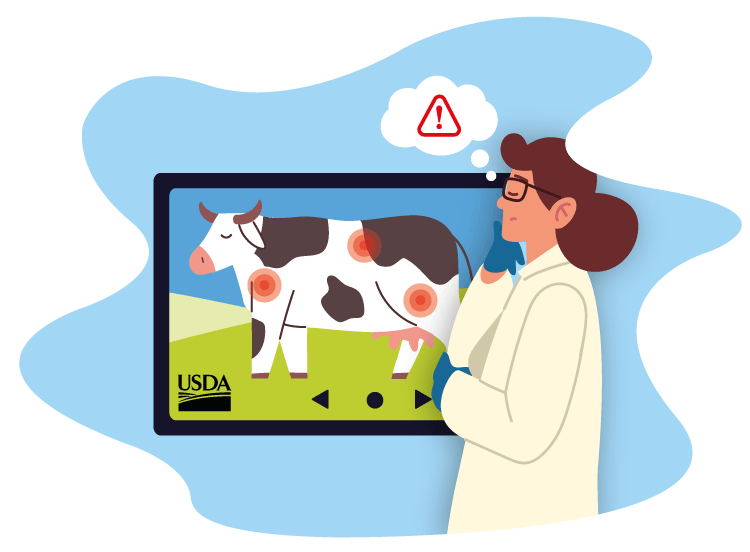Ritter N. L. , Gonzales M. , Mays G. (2025). Education necessity for veterinary-producer relationship creation and sustainability: a mixed method study. Frontiers in Veterinary Science, 12. doi: 10.3389/fvets.2025.1521440
New Study Highlights the Power of Education in Strengthening Veterinarian-Producer Partnerships
A new study by researchers at Texas A&M AgriLife Research, Prairie View A&M University, and West Texas A&M University has shed light on the challenges and opportunities in building stronger relationships between veterinarians and livestock producers. Published in Frontiers in Veterinary Science, the article titled “Education necessity for veterinary-producer relationship creation and sustainability: a mixed method study” explores how better communication and shared learning can improve animal health and the sustainability of rural farming operations.
The research team, including Dr. Nicola L. Ritter, Dr. Molly Gonzales, and Dr. Glennon Mays, surveyed and interviewed veterinarians and producers across Texas. Their goal was to understand why partnerships between these two groups often fall short—and how to fix it.
What they found was eye-opening: both veterinarians and producers want to work together, but face common barriers like time constraints, financial pressures, and miscommunication. For example, while 90% of producers said they were willing to partner with veterinarians for animal healthcare, only 72% of veterinarians felt the same. Producers also expressed a strong interest in learning more about animal health, with over 60% eager to attend continuing education programs.
The study suggests that in-person, collaborative education programs could be the key to bridging the gap. These programs would allow veterinarians and producers to learn from each other, build trust, and align their goals—ultimately leading to healthier animals and more profitable farms.
“Veterinarians and producers are stronger together,” said Dr. Ritter, Instructional Associate Professor in the Department of Veterinary Integrative Biosciences at Texas A&M University. “By creating spaces where they can share knowledge and experiences, we can support both animal welfare and rural economies.”
This research is especially timely as rural communities face growing challenges, including fewer veterinary services and rising costs. The authors hope their findings will inspire new educational initiatives and policy support to strengthen these vital partnerships.
To read the full article, visit: https://doi.org/10.3389/fvets.2025.1521440
For more information on the program, visit: https://howdypartner.org/





